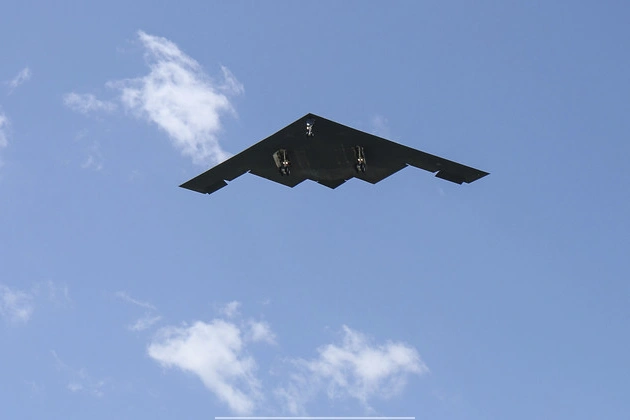
Oil prices experienced a significant drop on Monday afternoon in the aftermath of an Iran attack on U.S. military bases in Qatar and Iraq. This strategic move, viewed as symbolic, did not disrupt the flow of Middle Eastern crude oil into the global market.
The price of oil plunged below $70 per barrel, a decrease of over $5 from the previous day when U.S. military actions targeting Iran’s nuclear facilities pushed prices upward.
President Trump’s Response
President Donald Trump, a proponent of lower energy costs, took to his social media platform to caution against the rise in oil prices amidst the conflict in the Middle East, stating, “I’M WATCHING!”
Iran’s Strategic Move
Iran’s decision to launch a proportional attack on the U.S. military base while avoiding civilian areas in Qatar was interpreted as an effort to de-escalate tensions. Concerns about Iran targeting vital oil infrastructure, such as the Strait of Hormuz, diminished as a result.
Market Response
Market observers had been anticipating Iran’s response to the U.S. airstrikes on its nuclear facilities. Oil prices had surged by $10 since early June following exchanges of missile strikes between Israel and Iran. There were fears that Iran might block the strategic shipping route, the Strait of Hormuz, which facilitates the transportation of 20% of the world’s crude oil.











